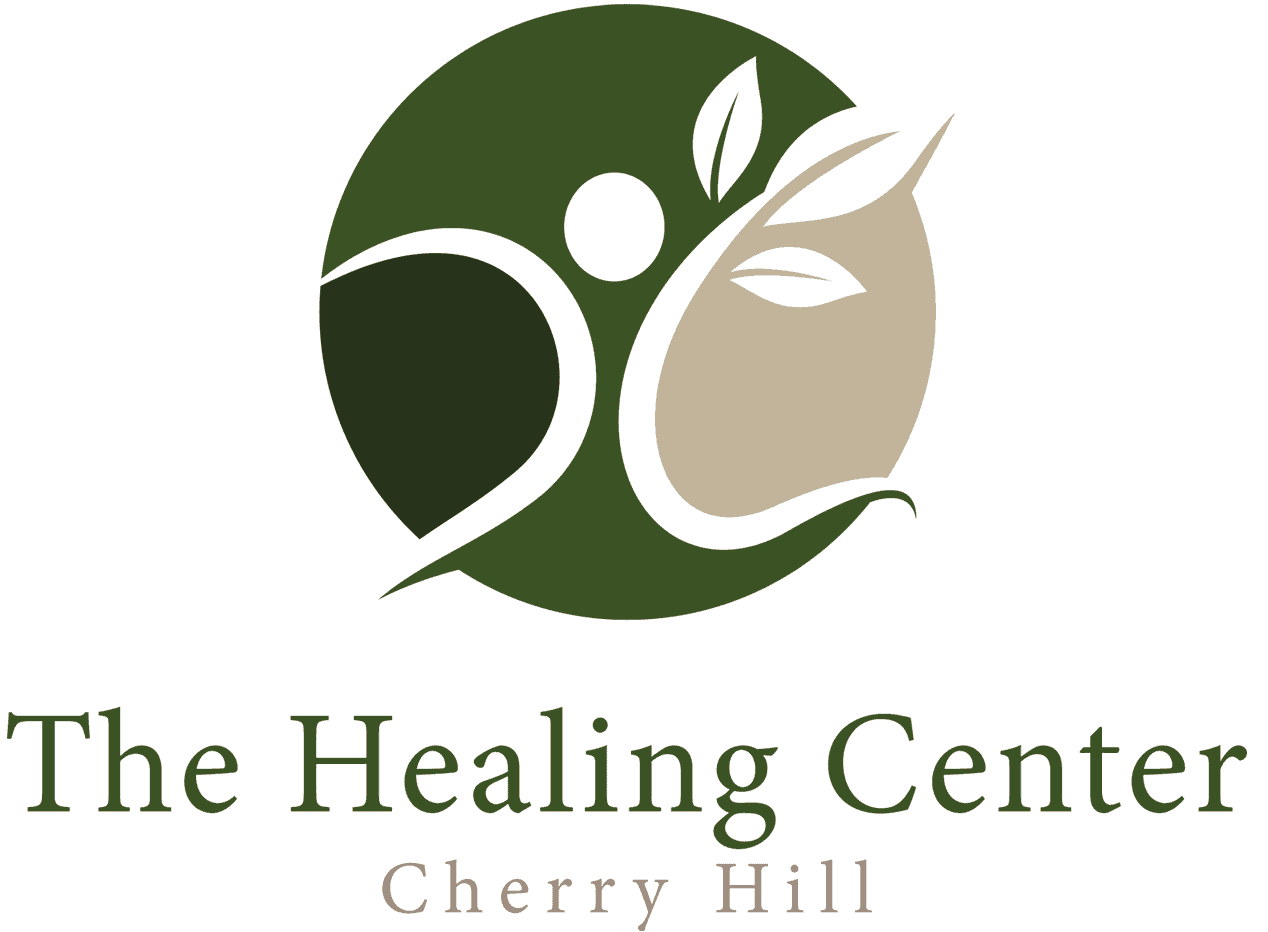In the intricate tapestry of the human experience, emotions weave together to form the fabric of our lives. However, for some individuals, the threads of trauma can unravel this delicate weave, leaving behind a profound and lasting impact. Post-Traumatic Stress Disorder (PTSD) is a silent but formidable adversary that affects millions of people worldwide. Thankfully, understanding post-traumatic stress disorder can lead to individuals getting the help that they need quickly.
Understanding Post-Traumatic Stress Disorder
At its core, PTSD is a mental health condition that can develop after exposure to a traumatic event. These events, ranging from natural disasters and accidents to combat and interpersonal violence, can leave an indelible mark on the psyche of those who experience them. While it’s natural for individuals to feel distress and anxiety in the aftermath of trauma, PTSD represents a prolonged and intensified emotional response that can persist for months or even years.
Signs And Symptoms Of PTSD
The symptoms of PTSD can manifest in a variety of ways, impacting a person’s thoughts, emotions, and behaviors. These symptoms are generally grouped into four main categories: re-experiencing, avoidance, negative changes in mood and cognition, and hyperarousal.
Re-experiencing:
Flashbacks, nightmares, and intrusive thoughts are hallmark symptoms of re-experiencing in PTSD. Survivors may find themselves involuntarily reliving the traumatic event, causing significant distress and interfering with daily life. These vivid and distressing recollections can be triggered by various stimuli, ranging from seemingly innocuous sights and sounds to specific situations that bear a resemblance to the original trauma.
Avoidance:
The desire to avoid reminders of the traumatic event is a common coping mechanism for individuals with PTSD. This avoidance can extend to places, people, and activities associated with the trauma, and may even lead to emotional numbing. While avoidance might provide temporary relief, it often exacerbates the long-term impact of PTSD, hindering the natural healing process.
Negative Changes in Mood and Cognition:
PTSD can reshape an individual’s worldview, leading to persistent negative thoughts and emotions. Feelings of guilt, shame, and a distorted sense of blame may haunt survivors, impacting their self-esteem and relationships. Additionally, cognitive changes can manifest as difficulties in concentration and memory, making it challenging for individuals with PTSD to focus on daily tasks.
Hyperarousal:
The hyperarousal cluster of symptoms includes heightened vigilance, irritability, and difficulty sleeping. Survivors may be easily startled, constantly on edge, and find it challenging to relax. This heightened state of arousal is a natural response to the perceived threat associated with the traumatic event but can become overwhelming and detrimental to one’s overall well-being.
The Path to Healing
Acknowledging and addressing PTSD is a crucial step towards healing. Fortunately, various therapeutic approaches and support systems can provide solace and guidance on the journey to recovery.
Psychotherapy:
Psychotherapy, particularly cognitive-behavioral therapy (CBT), has proven effective in treating PTSD. CBT helps individuals identify and change negative thought patterns and behaviors associated with the trauma. Exposure therapy, a specific form of CBT, gradually exposes individuals to reminders of the traumatic event in a safe and controlled environment, allowing them to confront and process their fears.
Medication:
In some cases, medication may be prescribed to alleviate specific symptoms of PTSD, such as depression, anxiety, or sleep disturbances. Antidepressants and anti-anxiety medications are commonly used to address these symptoms, but it’s essential to consult with a healthcare professional to determine the most appropriate course of action.
Support Systems:
Building a strong support network is crucial for individuals with PTSD. Friends, family, and support groups can offer understanding, empathy, and encouragement. The act of sharing one’s experiences and feelings can be therapeutic in itself, fostering a sense of connection and reducing the isolation often associated with PTSD.
Self-Care:
Engaging in self-care practices is vital for managing PTSD symptoms. This can include activities such as exercise, mindfulness, and creative expression. Establishing healthy routines and prioritizing physical and mental well-being contribute to a more resilient and balanced life.
Treatment For PTSD
Inpatient treatment for Post-Traumatic Stress Disorder (PTSD) is a comprehensive and intensive therapeutic approach designed to provide individuals with a structured and supportive environment for healing. In this setting, individuals with PTSD reside within a specialized facility where they receive round-the-clock care from a multidisciplinary team of mental health professionals. The treatment focuses on addressing the specific symptoms and challenges associated with PTSD through a combination of evidence-based therapies, such as cognitive-behavioral therapy (CBT), exposure therapy, and eye movement desensitization and reprocessing (EMDR). The inpatient setting allows for close monitoring of individuals, enabling prompt adjustments to the treatment plan as needed. Additionally, patients benefit from group therapy sessions, psychoeducation, and holistic interventions that promote overall well-being. The goal of inpatient treatment for PTSD is to provide a safe and therapeutic space for individuals to confront and process their traumatic experiences, learn coping strategies, and develop the necessary skills to reintegrate into daily life with improved mental health and resilience.
Get Help For PTSD In New Jersey
Post-Traumatic Stress Disorder is a formidable adversary, but it is not insurmountable. With understanding, empathy, and the right support, individuals can embark on a journey of healing and recovery. By unraveling the complexities of PTSD, we can foster a more compassionate and informed society that empowers survivors to reclaim their lives. Let us strive to create an environment where the silent struggles of those affected by PTSD are acknowledged, and the path to healing is illuminated with hope and understanding. If you are struggling, then contact The Healing Center today so we can help you begin your healing journey.







